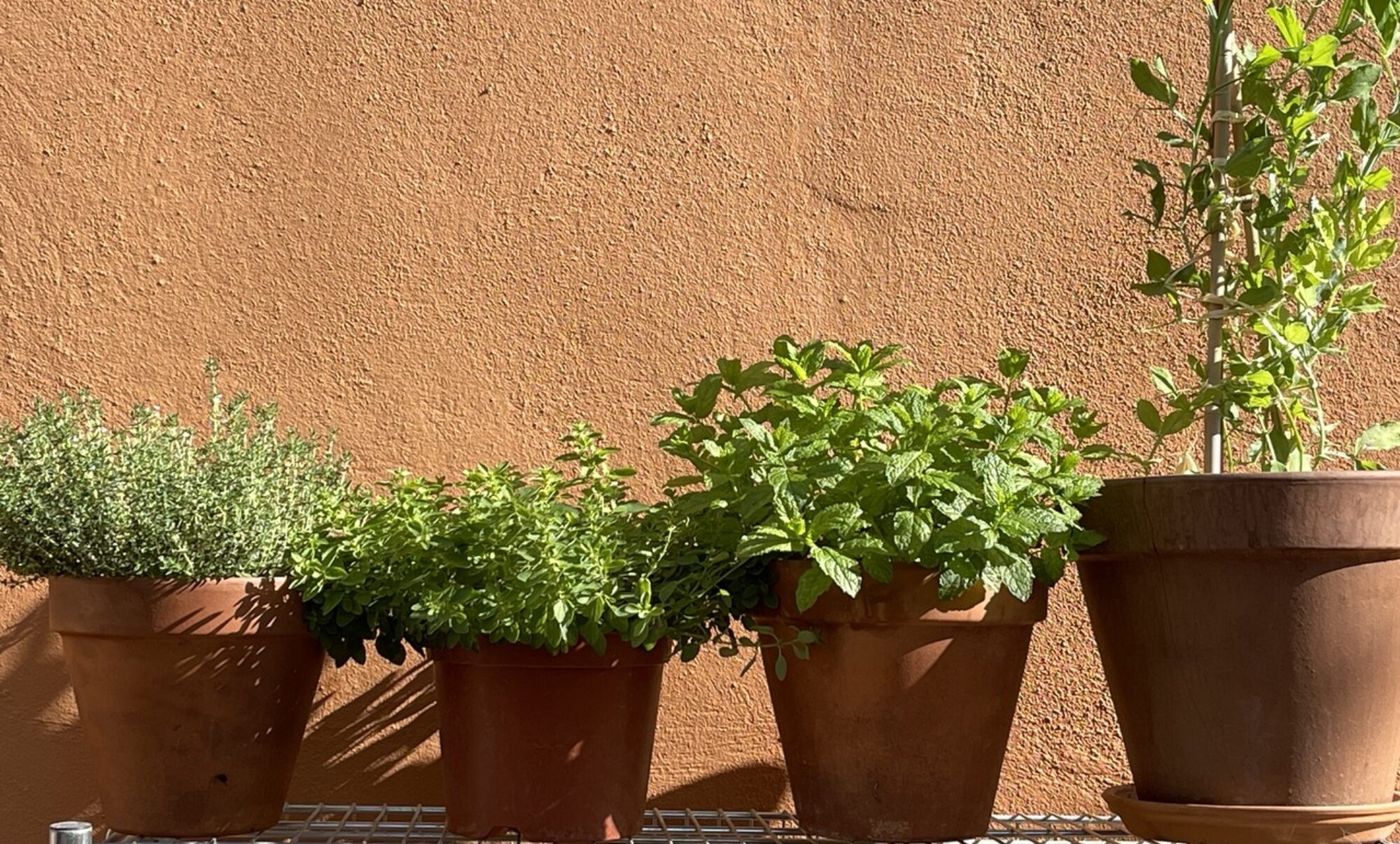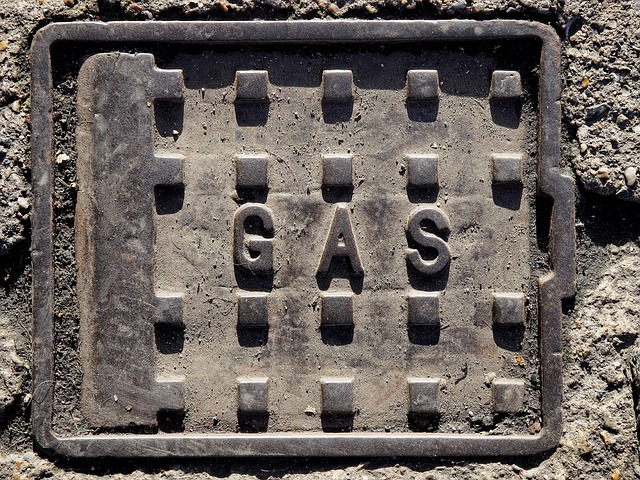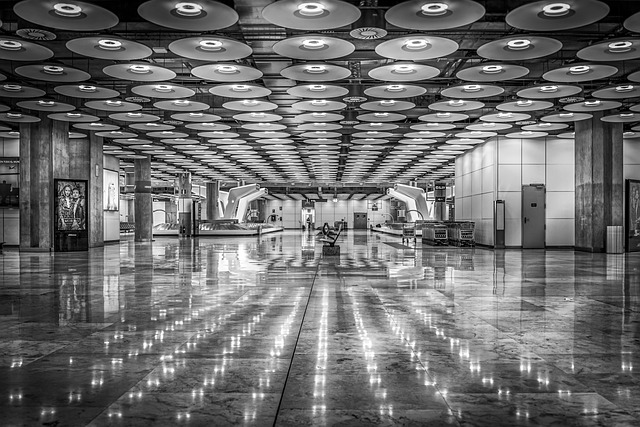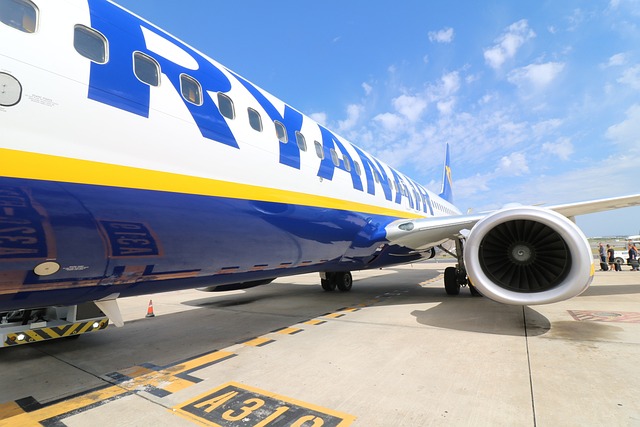The city of Barcelona has coughed up just over €23m for hydrogen buses.
It is buying 38 hydrogen fuel-cell buses from Polish manufacturer Solaris.
The buses, purchased by publicly-owned transport company TMB, will be fueled with green hydrogen supplied by Iberdrola.
The new fleet will consist of 26 12-metre buses and two articulated 18-metre buses.
The two largest buses are the first in the country.
Part of the bill will be met by the European Commission’s NextGenerationEU post-Covid recovery fund. This awarded €21.24m to TMB in July 2023. The plan is to buy 36 hydrogen buses, 23 electric buses and two trains.
Eight hydrogen buses already operate in Barcelona, supplied by Portuguese bus maker Caetano. The city hopes to have 44 hydrogen buses by 2025, together with 232 electric models.
Hydrogen buses tend to be more expensive to purchase and run, but can better handle routes that electric buses can’t – such as long, or hilly stretches.





